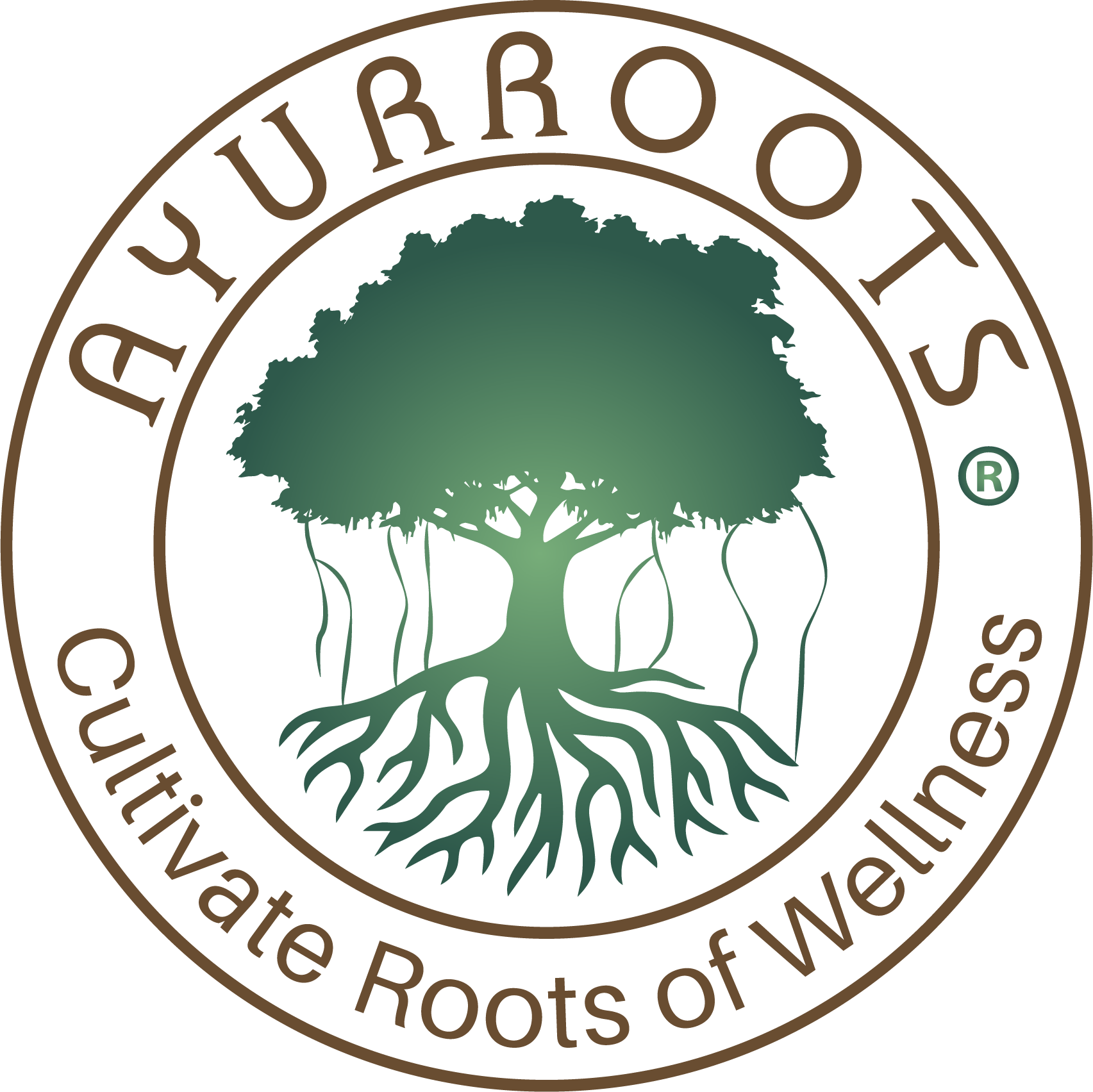In today’s world, the human body is often subjected to wear and tear, leading to imbalances that can harm its overall health. However, keeping our bodies well-nourished with the right food is crucial, as maintaining truthful conduct and practicing good hygiene ensures longevity. Just like a flame that needs constant attention by pouring oil into the lamp and trimming the wick, our bodies require consistent care to function at their best.
Ayurveda stresses the paramount importance of maintaining the health of a healthy person and treating the disease of the ill. To achieve this, Ayurveda recommends various activities under the term dinacharya (Daily Routine) to maintain optimal health. A daily routine is necessary to bring about significant changes in body, mind, and consciousness, normalizing a person’s biological clock and fostering self-esteem, discipline, peace, happiness, and longevity. Ayurveda strongly suggests aligning our bodies with nature’s master cycle, which regulates various other rhythms, to achieve optimal health. By following Ayurveda’s principles, we can confidently achieve a healthier, more fulfilling life.
According to Ayurveda, the ideal schedule should be like this:
Wake up during Brahmamuhurta
Brahmamuhurta or Amrit vela—the ambrosial hours— God’s Hours is the morning period an hour and a half before sunrise. After a good night’s sleep, the mind is refreshed, calm, and serene. There is a preponderance of sattva or purity in mind at this time and in the atmosphere. Sleeping later than 6:00 a.m. causes communication channels to be clogged with impurities, leading to a dull mind, depressed moods, and slow communication between heart, soul & mind. Right after waking, look at your hands briefly, then quietly move them over your face and chest. This cleans the aura, and it symbolizes honest labor.
Say Prayers before leaving the bed.
Thank you, God, for this beautiful day before me.
May joy, love, peace, and compassion be part of my life and all those around me on this day
I am healing, and I am healed.”
O! Mother Earth, who has the ocean as clothes and mountains and forests on her body, who is the wife of Lord Vishnu, I bow to you. Please forgive me for touching you with my feet.
After this prayer, touch the ground with your right hand, then the same hand to the forehead, with great love and respect to Mother Earth.
Eliminate
Starting your day with an empty colon and bladder is essential for maintaining good health. Be mindful of your body’s natural rhythms, and take your time to complete this process as soon as possible after waking up. This ensures that toxins are not building up in your system, reducing the risk of chronic health conditions. So, make this a priority, and you’ll be laying the foundation for a healthy day ahead.
Cleaning of face, Mouth, and eyes
Please follow the below steps for maintaining good eye and oral health:
1. Wash your eyes with regular tap water.
2. Try Triphala eyewash by boiling 1/4 tsp. of Triphala in 1 cup of water for 8-10 minutes. Let it cool and strain with Muslin cloth. This eyewash is beneficial for all Dosha types.
3. Brush your teeth regularly. Neem, a bitter herb, is excellent for oral health. Bitter, astringent, and pungent herbs are best for fighting cavities as they are Kapha-pacifying and possess antibacterial properties.
Scrape Your Tongue
Scrape the tongue with a tongue cleaner to purify your mouth. This can be best done with a smooth tongue scraper of gold, silver, copper, tin, brass, or stainless steel. Ayurveda considers the coating of the tongue as an indicator of ‘Ama’ or toxins in the colon.
Gargling (Oil Pulling)
Ayurveda recommends gargling daily with warm sesame oil to strengthen teeth, gums, and jaw. Hold the oil in your mouth, swish it around vigorously, then spit it out and gently massage the gums with a finger. Don’t forget to wash the inside of your mouth with warm salted water to remove any oil residue.
Drink a glass of water.
Drinking a glass of warm water after brushing your teeth, scraping your tongue & oil-pulling is always good. This will stimulate the peristalsis & help in elimination.
Chewing
Chewing in the morning stimulates the liver and the stomach and improves digestive fire. Betel leaves, mint & holy basil leaves are easily available herbs.
Nasal Drops (Nasyam)
Putting 2-3 drops of warm sesame oil/Nasya oil into each nostril in the morning helps to lubricate the nose, clean the sinuses, and improve voice, vision, and mental clarity. Our nose is the gateway to the brain, so putting warm oil drops nourishes prana and brings intelligence.
Oil drops in the Ears (Karana purana)
Putting 4-5 drops of warm sesame oil in each ear can be helpful in conditions such as Vata Imbalance in the head and neck region. These are the conditions due to vata imbalance in the ears. Applying 4-5 drops of warm sesame oil in each ear can help alleviate Vata imbalances in the head and neck regions caused by Vata imbalances in the ears.
Abhyanga or Warm oil self-massage
Abhyanga should be done daily; it wards off old age, physical exertion, and aggravation for Vata; it bequeaths good vision, induces sound sleep, and keeps skin healthy.
For vata, use warm sesame oil.
For pitta, use warm coconut oil.
For kapha, use warm sunflower oil.
Bathing
Bathing is purifying, aphrodisiac. It removes sweat, dirt, and fatigue. It also brings positive energy to the body, clarity to the mind, and sacredness to your life.
Along with bathing, one should cut hair, nails, and mustache. One should keep the feet and orifices (ears, nose, eyes, feet, urethra, and anus) clean of waste to promote intelligence, purity, and longevity.
Exercise & Yoga
Regular exercises like walking and yoga improve circulation and strength. It improves digestion and elimination & induces sound sleep. Exercise half your capacity daily until sweat forms on the forehead, armpits, nose & spine.
Vata: walking, qi gong or Tai qi, gentle restorative yoga like Camel, Cobra, Cat, Cow. Walking and all forms of gentle exercises are good.
Pitta: Swimming, brisk walking, moderate hiking, Moon salutation, Fish, Boat, Bow. All forms of Calming exercises are suitable.
Kapha: Weight lifting, brisk hiking, jogging, running, and energetic forms of yoga, like sun salutation, Bridge, Peacock, and Palm tree. All forms of Vigorous exercise are suitable.
Yogic Breathing or Pranayama
Prana is the vital energy our physical and subtle layers need, without which the body would perish. It is what keeps us alive. Pranayama is the control of prana through the breath. These techniques rely on breathing through the nostrils.
12 alternate nostril breaths for vata;
16 cooling breaths (curling up your tongue lengthwise and breathing through it) for pitta;
100 bhastrika (short, fast breaths) for kapha.
As unhealthy lifestyles are the principal causes of modern-day illnesses, healthy lifestyles can result in an improved feeling of wellness that is critical to optimal health.








No Comments